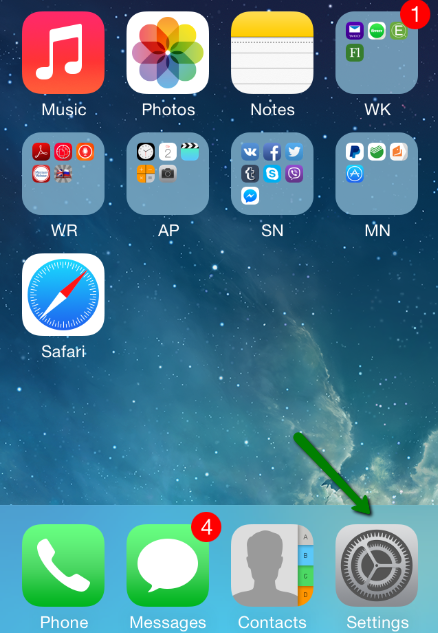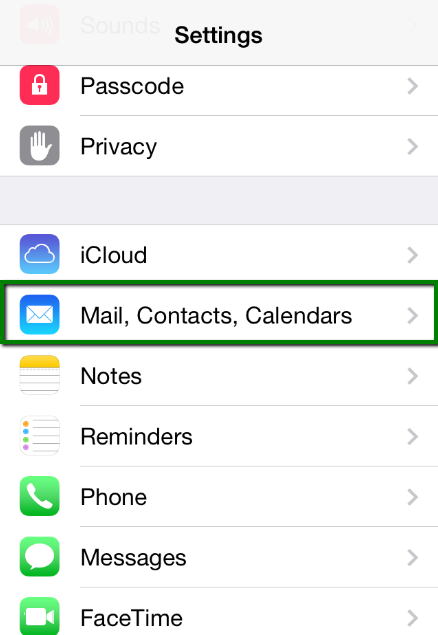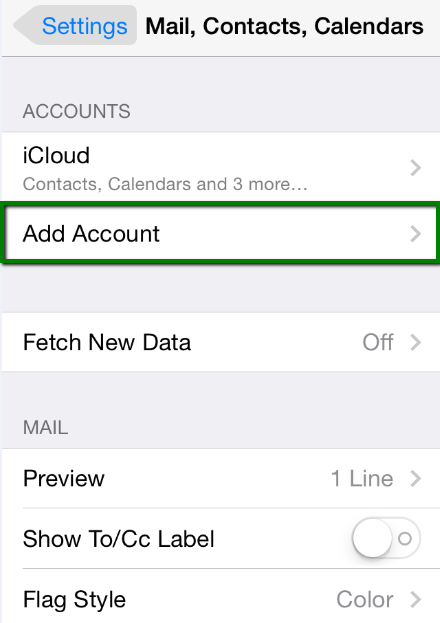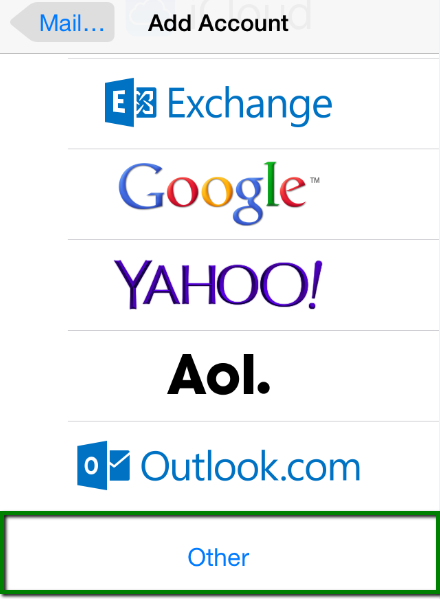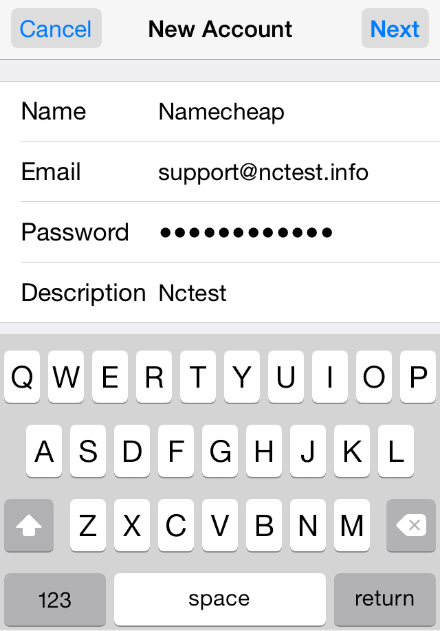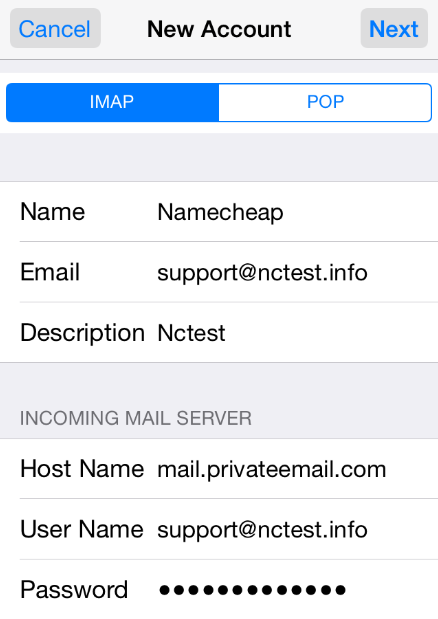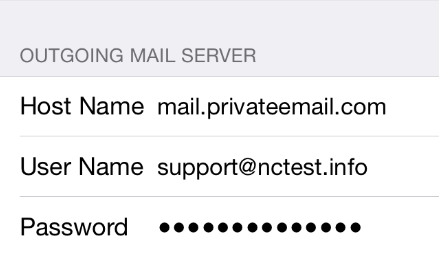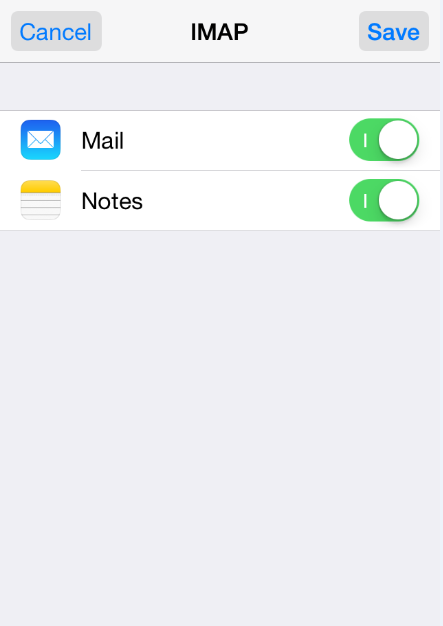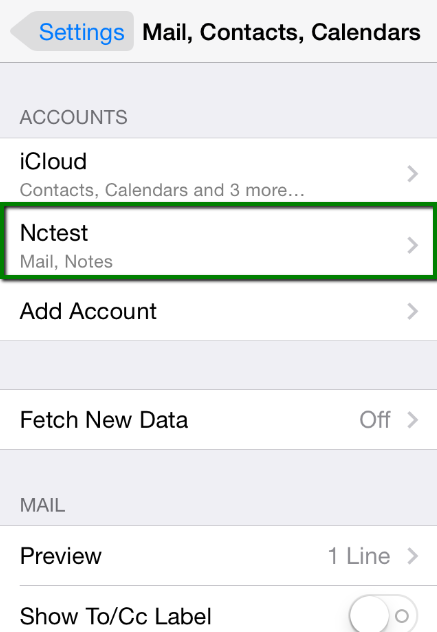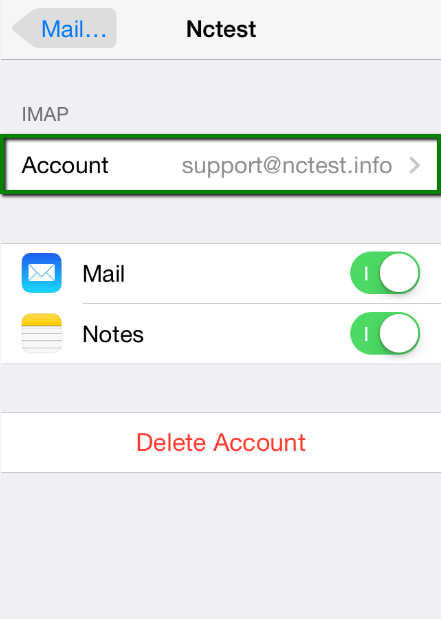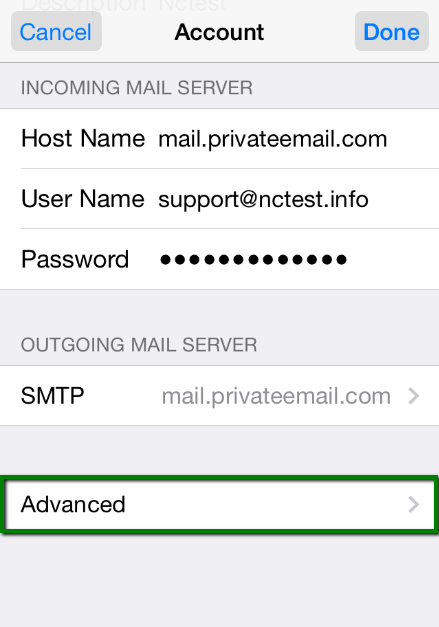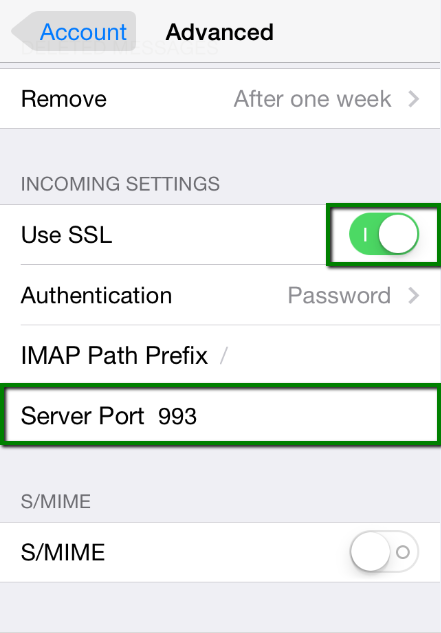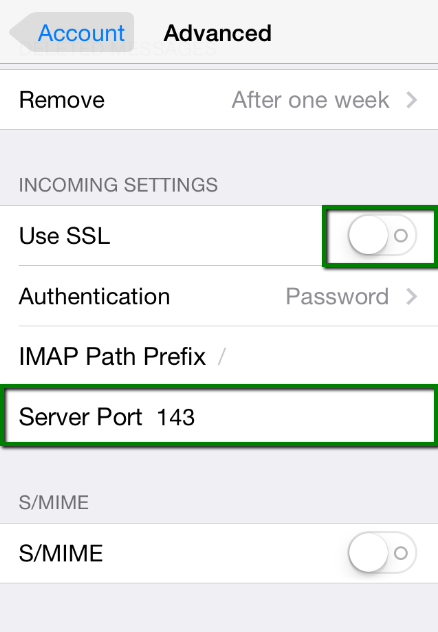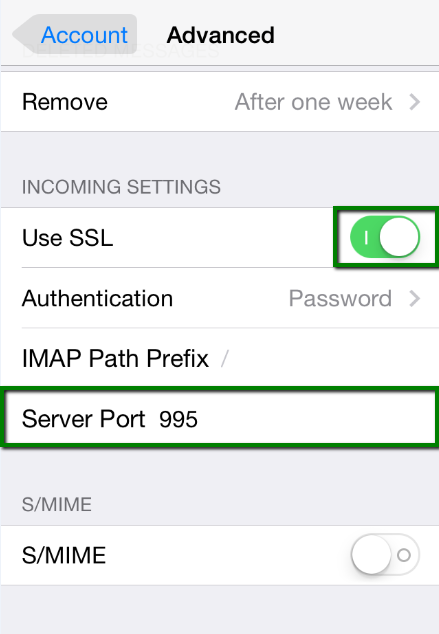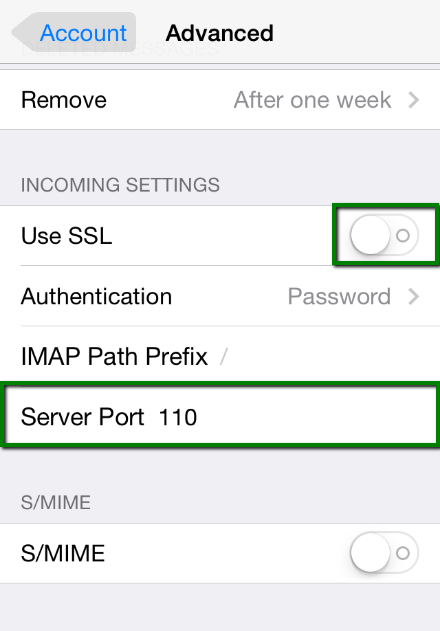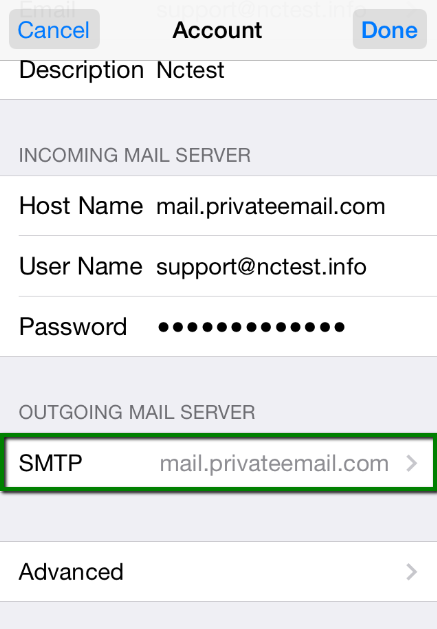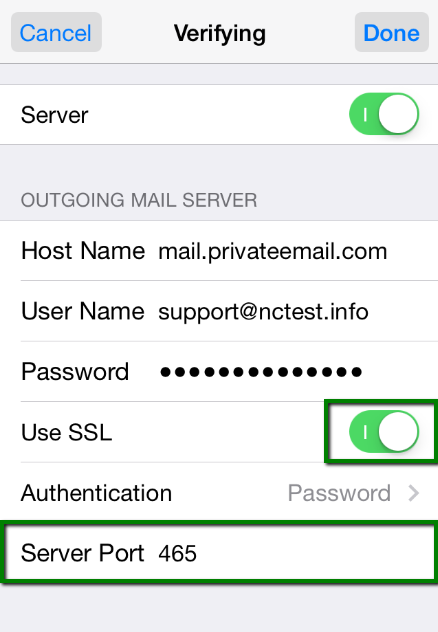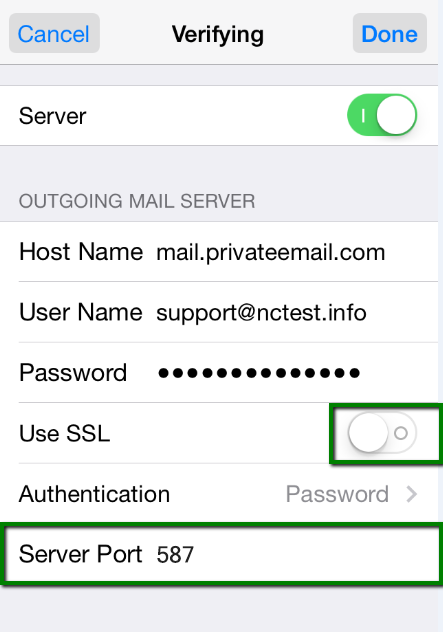Private Email account setup on iPhone (older OS)
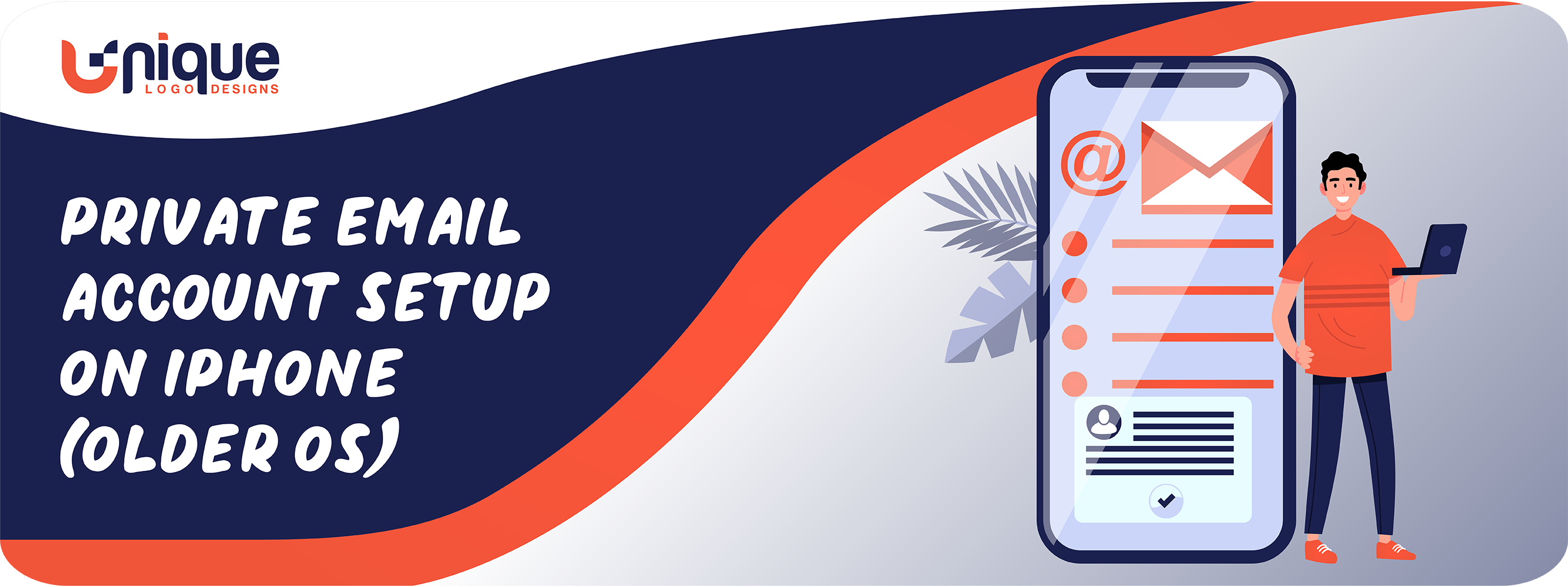
Follow these step-by-step instructions to set up your Private Email account on your iPhone.
Automatic configuration
Manual setup
Automatic configuration
In case you wish to configure all the necessary settings automatically on your iPhone, follow the next steps:
1. Log into webmail from the preferred device. Then navigate to the System menu>> Connect Your Device section:
2. Click on the Apple tab:
3. Now you will see the Connect your device menu.
There you will be able to:
- Synchronize your files with our Drive application. The detailed instruction is located here.
- Synchronize your Mail, Calendar and Address Book data with your device Automatically or check the Manual settings.
- Synchronize your Mail with Apple Mail App or check the settings for the Manual set up.
- Synchronize your Calendar and Address Book data Automatically or check the Manual settings.
PLEASE NOTE: Automatic Configuration is available only in case you are logged into webmail from the preferred device.
4. Click Install in order to set up the settings automatically for the preferred option. The following message will appear, where you need to click Allow:
5. You will be redirected to the Install Profile menu. Click Install to proceed:
6. There may be a warning message The profile is not signed on the next page. Ignore it and click Install:
7. Now you will need to enter your Private Email password to save the settings. Click Next once done:
8. Your profile will be installed. Click Done to finish the installation:
That’s it! You will be able to check or change the settings in the Settings >> General >> Profile menu on your iPhone.
Manual setup
You can check the manual settings for your account in the System menu>> Connect Your Device section >> Apple >> Show details:
Manual setup
1. Select Settings from the home screen of your iPhone:
2. Choose Mail, Contacts, Calendars and click Add Account:
3. Choose Other from the list that appears:
4. Select Add Mail Account. In the New Account menu, you will need to specify the following records:
- Name – your name (will appear as sender name)
- Address – your full email address, as created with Private Email
- Password – the password for this email address
- Description – lets you specify any description (we suggest you use your email address)
Click Next.
5. Select protocol type: IMAP or POP3. We advise you to use IMAP. Your selection will be highlighted blue.
6. Settings are the same for both IMAP and POP3:
- Name, Address and Description: should have been already filled in
- Host name: mail.privateemail.com
- User Name: your email address
- Password: password for your email
In the fields for both Incoming Mail Server and Outgoing Mail Server, indicate the following settings:
Click Next.
7. If you use IMAP, you can enable the following services:
Click Save and wait while the system completes necessary checks.
8. When the checks are finished, you’ll be redirected to the Mail, Contacts, Calendars screen. Choose your newly created account there:
9. Scroll down and select Advanced:
10. Here you can choose additional settings for IMAP or POP3.
If you set IMAP connection, you need to use port 993 (with SSL) or port 143 (without SSL).
Set IMAP Path Prefix to INBOX:
or
If you chose POP3, you need to use port 995 (with SSL):
or
11. In order to set up additional settings for outgoing server, you will need to return in the previous menu and then go to Outgoing Mail Server by clicking on the host name of the server:
12. For Outgoing Server (SMTP), select port 465 (with SSL) or port 587 (without SSL):
or
Once the settings are verified, your account is active and ready to use.
To test your new email account, go to Messages and try sending and receiving emails.
That’s it!
Categories
- Business
- E-commerce Business
- Emails
- Graphic Design
- Infogrpahic
- Logo Design
- Social Media
- UI/UX Design

